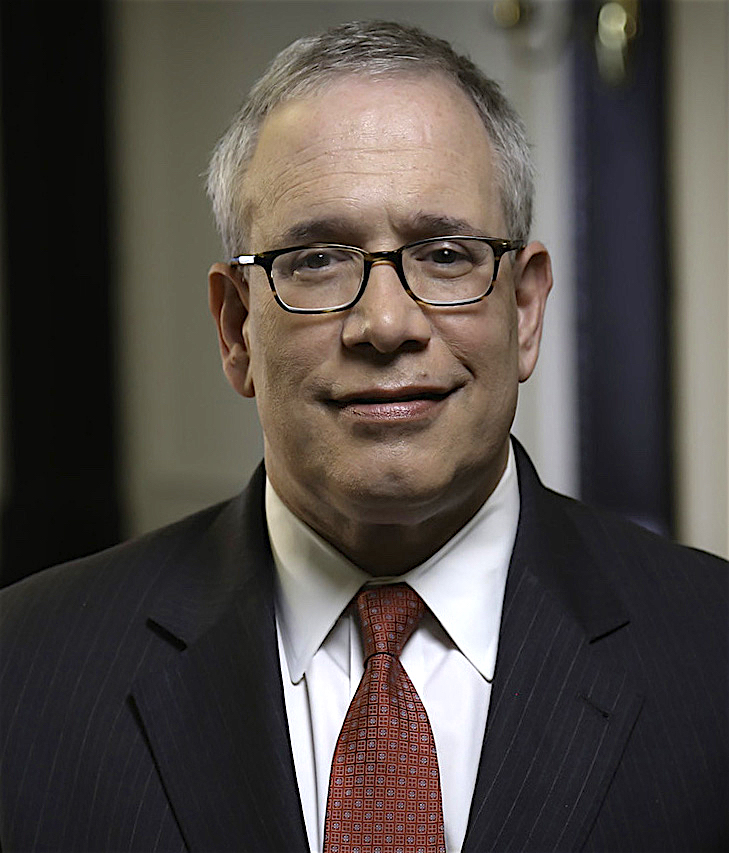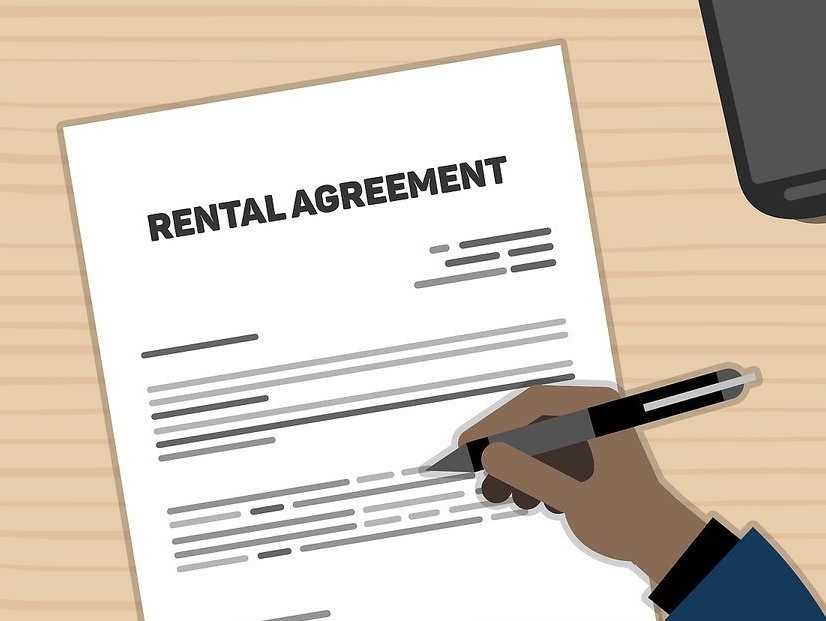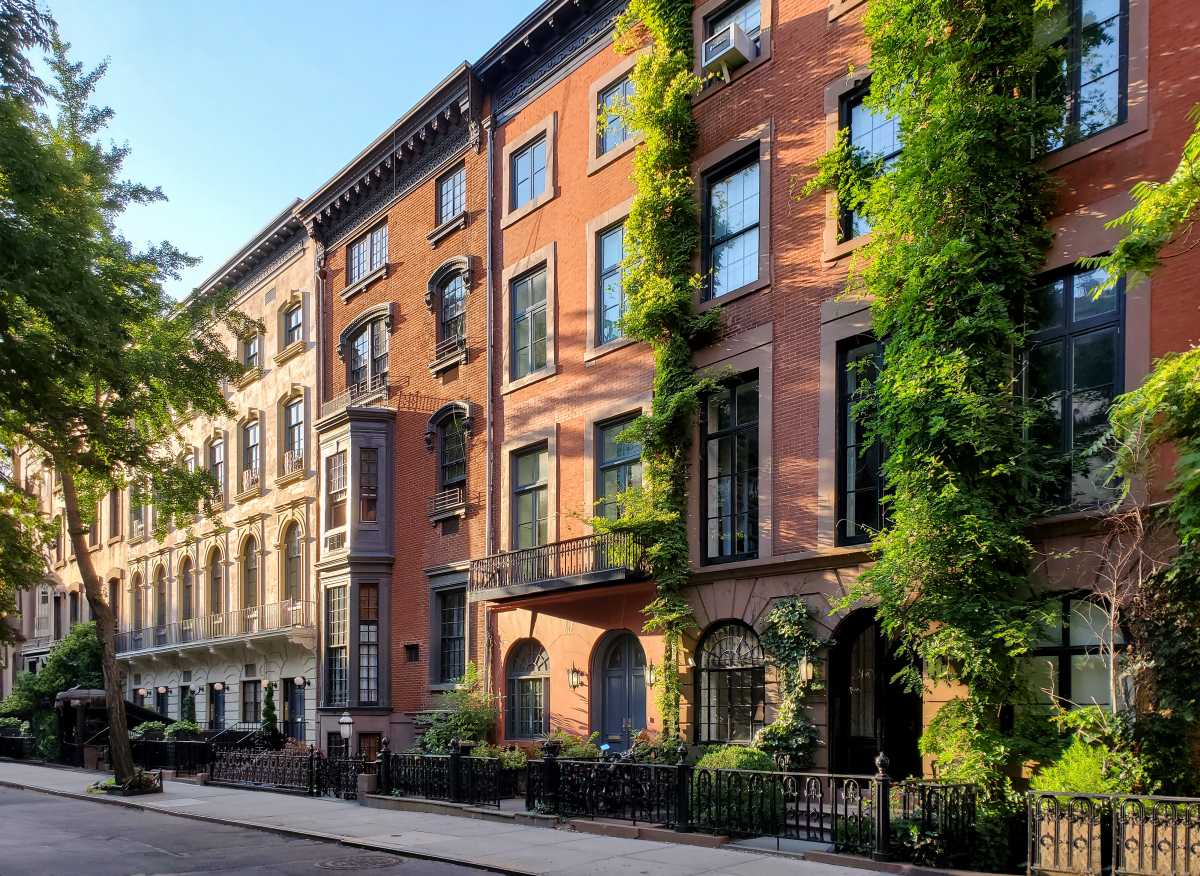
BY GABE HERMAN | City and state legislation was introduced on Feb. 13 that would regulate security deposits on apartment rentals.
City Comptroller Scott Stringer released a report last July that estimated that New Yorkers spent more than $500 million in security deposits in 2016. It said that many low-income residents not in rent-regulated apartments often pay more than the typical deposit fee of one months’ rent, especially those with lower credit scores.
“For these low-wage renters,” the report said, “a security deposit of two or three times the monthly rent is not uncommon — further evidence that it can be ‘expensive’ to be poor.”
The report further said that prospective renters can also sometimes have to pay fees for background and credit checks, which add to the financial burden.
“We know that one major reason people can’t afford to live in New York City is out-of-control and completely unregulated security deposits,” Stringer said this week in a statement. “It’s preposterous that a landlord can demand many months’ rent from a tenant and there’s little recourse if they just decide to keep it.”
State Senator Brad Holyman, who represents much of Downtown and Midtown Manhattan, is a co-sponsor of the state legislation. Backers of the City Council bills include local Councilmembers Carlina Rivera and Keith Powers.
The proposed legislation would limit security deposits to one month’s rent; allow for deposits to be paid in up to six installments instead of all at once; and create a protection program where a third party would hold the deposit, make sure it is returned, and resolve disputes between landlord and tenant.
“Unchecked security deposits are forcing tenants to lose out and help make our city increasingly unaffordable for New Yorkers,” Rivera said. “Creating a fair system where residents know what landlords can charge them eliminates the abuse caused by bad actors in the real estate market.”
“When landlords ask for thousands of dollars in upfront costs just to move into an apartment, they are shutting out thousands of vulnerable people — especially those from marginalized communities,” Hoylman said. “Capping security deposits will eliminate one of the major barriers that prevent tenants from accessing safe, affordable housing across our city.”
Stringer and the coalition of state and city officials have started a survey to hear from New Yorkers about issues faced with security deposits. The survey can be found at comptroller.nyc.gov/security-deposit-survey/.





































